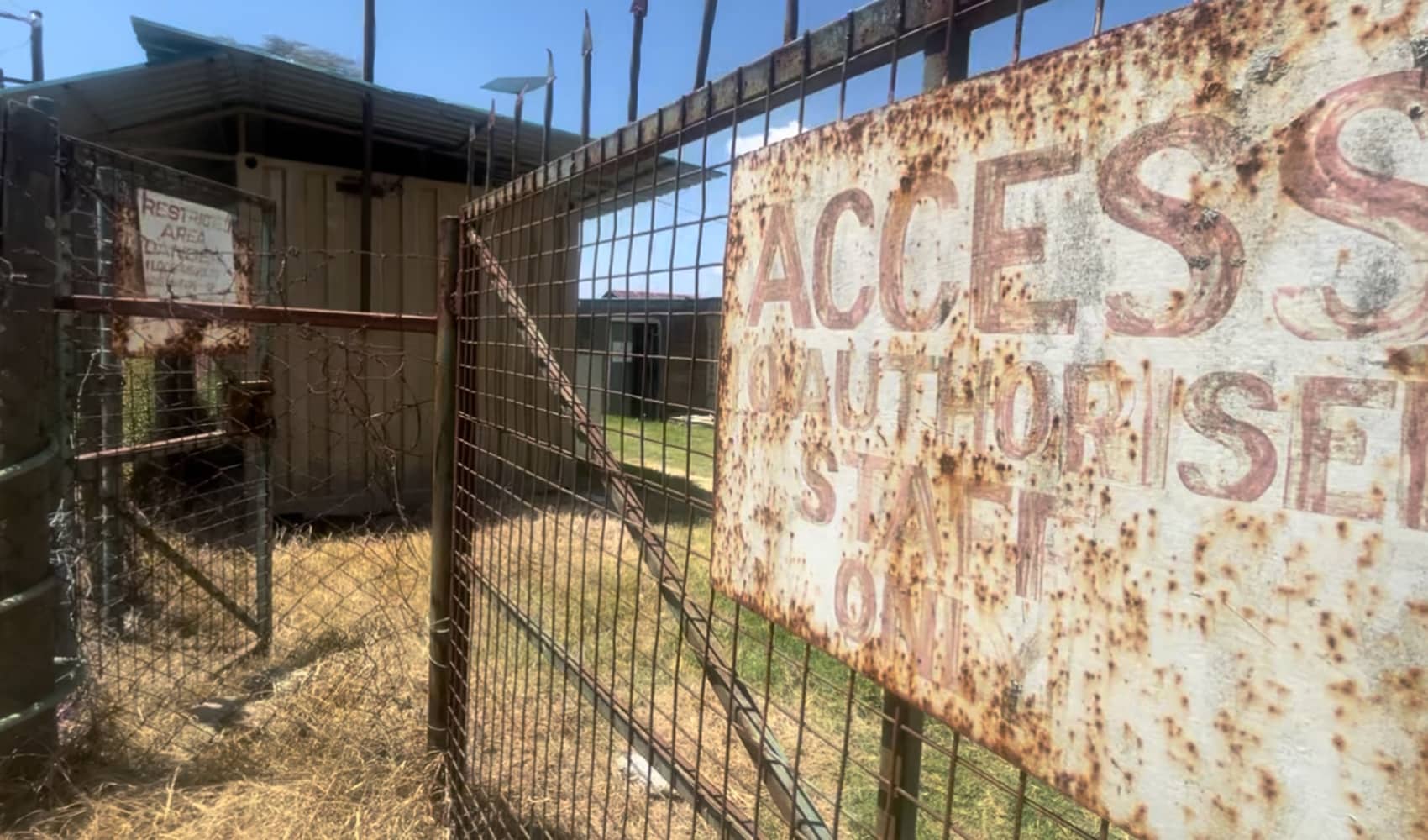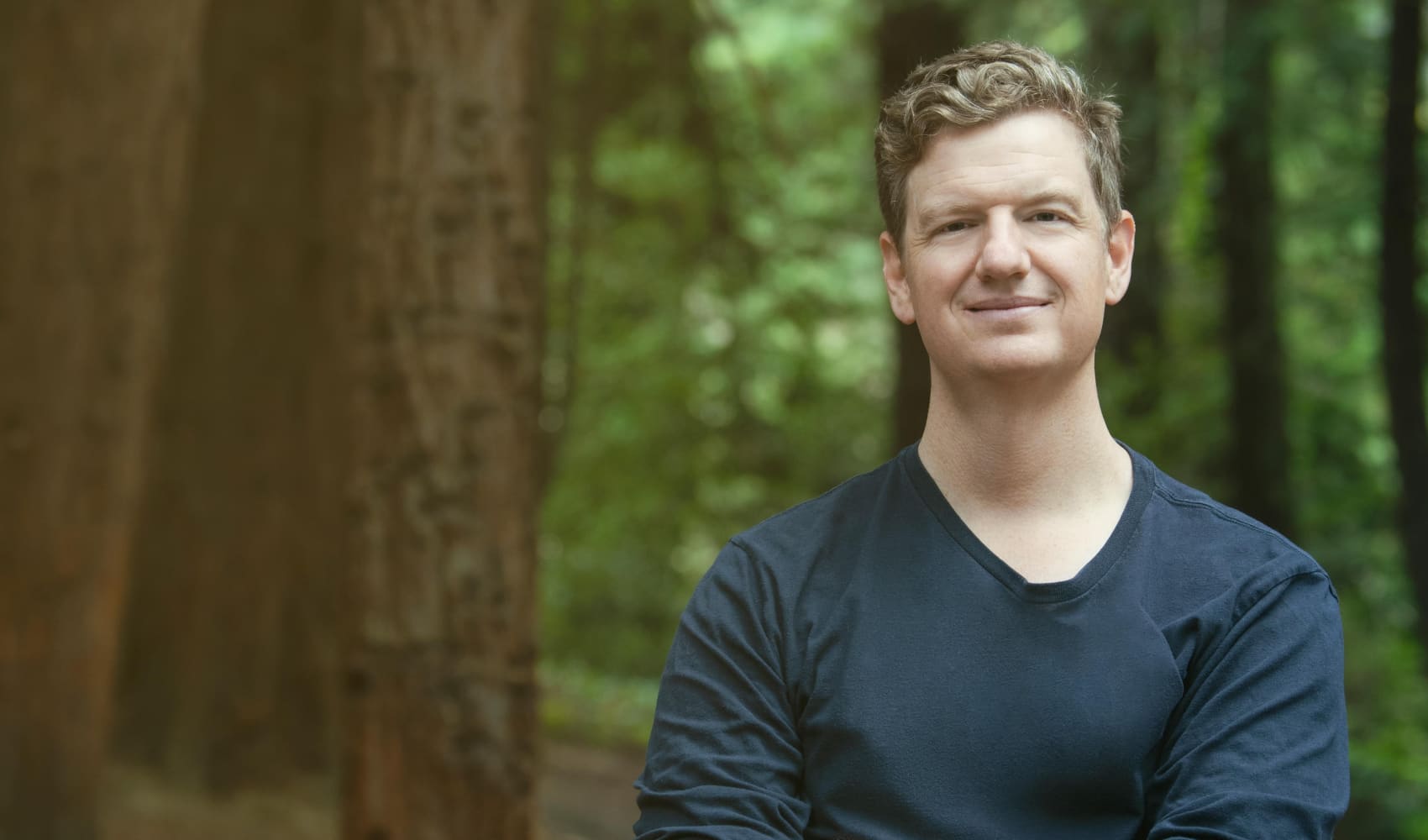
Individuals need to take control of their money, and while the pandemic upended the personal finances of many Americans, it also has made many more people aware of the need to save. Today, there are more options than ever before for do-it-yourself money management. Fintech apps have surged in popularity, bringing new investors into the market. But many Americans still struggle with basic aspects of financial planning.
The education system doesn't start early enough with financial literacy courses. They are not federally mandated to be taught in public schools. Currently, only 21 states require some level of financial literacy content in a course to be taught in a high school classroom. There is a growing push for students to get personal finance education, U.S. Secretary of Education Miguel Cardona told CNBC's Sharon Epperson in an interview, and he believes the coronavirus pandemic has afforded schools an opportunity to rethink how and when they start teaching financial literacy.
Get a weekly recap of the latest San Francisco Bay Area housing news. Sign up for NBC Bay Area’s Housing Deconstructed newsletter.
"When I talk to students now, they talk about the need for financial literacy learning in a practical sense — how to look at debt and how to plan for a financially secure future," Cardona said. But he added, "We can't wait for a personal finance course in high school," he said. "We need to infuse it more naturally so that by the time they get to high school there's a better understanding of it."
More from Invest in You:
Education Secretary Miguel Cardona says personal finance lessons should start as early as possible
How financial empowerment helped one woman rise up from poverty
These budget basics can help you refresh your spending plan
Indeed, pressing personal finance questions remain for many whom did not receive a financial education at an early enough age, or are still young and first learning about money. Louis Barajas, COO and partner at MGO Wealth Advisors, a certified financial planner, and member of CNBC's Advisor Council, answered questions during the recent CNBC Invest IN You virtual town hall with Education Secretary Cardona.
Money Report
Here are some of the key lessons for novice investors.
1. Don't let fintech apps devolve into gambling
Fintech firms saw a surge of new users over the past year. Many first-time investors flush with cash and ample time downloaded popular stock trading apps. Barajas called fintech a double-edged sword. He noted that his clients, from both wealthy communities and underserved communities, gained access to financial planning and investing in the palm of their hands, but many of new users, "started using it almost like a gambling app."
People need to be careful when using these apps, Barajas said. "We need to take a step back and really think through how we're using these apps. And whether we're spending time educating ourselves and still learning the fundamentals of investing."
2. Understanding your habits is a good first step
High school student Gabriela Guido wanted to identify the most important aspect of financial literacy. Barajas said that understanding one's financial mindset and spending habits was the most important first step.
Ultimately, financial planning is about investing, budgeting, taxes and insurance. "It's about all that stuff," Barajas said.
But it is much simpler once someone has a handle on their spending to do the most important things for their financial future.
"The No. 1 thing is save, and then also learn about investing for the long term," he said.
3. 'The Great Resignation' may require retirement savings action
Many have dubbed the past few months 'The Great Resignation' with millions of Americans quitting their jobs. Crystal Goris recently made a career change and wanted to know how to move her retirement account.
Barajas said there is no one answer and it depends on the type of account a retirement saver currently has, and how much is invested in the account.
If you have money in an employer-sponsored 401(k), for example, or a 403(b) plan designed for public and non-profit employees, the financial planner said the individual can often leave the money in the plan as long as the account balance meets a minimum requirement, which in most case, is at least $5,000. It is important to check with an employer on its policy and make sure they don't ultimately withdraw a participant from the plan as a result of inaction.
Keeping the money in the existing account will allow compound interest to grow the investment plan over time. But individuals also have the option to roll over their money into a new plan or individual retirement account where they might start making new contributions.
Barajas said the most important thing to remember is what not do do: while you can roll money over into a comparable retirement savings vehicles, don't withdraw money from a retirement account. The IRS will charge anyone younger than 59 and ½ a 10% penalty for withdrawing early.
SIGN UP: Money 101 is an 8-week learning course to financial freedom, delivered weekly to your inbox.
CHECK OUT: This 33-year-old online baking instructor brought in nearly $335,000 in 2020: Here's how via Grow with Acorns+CNBC
Disclosure: NBCUniversal and Comcast Ventures are investors in Acorns.






